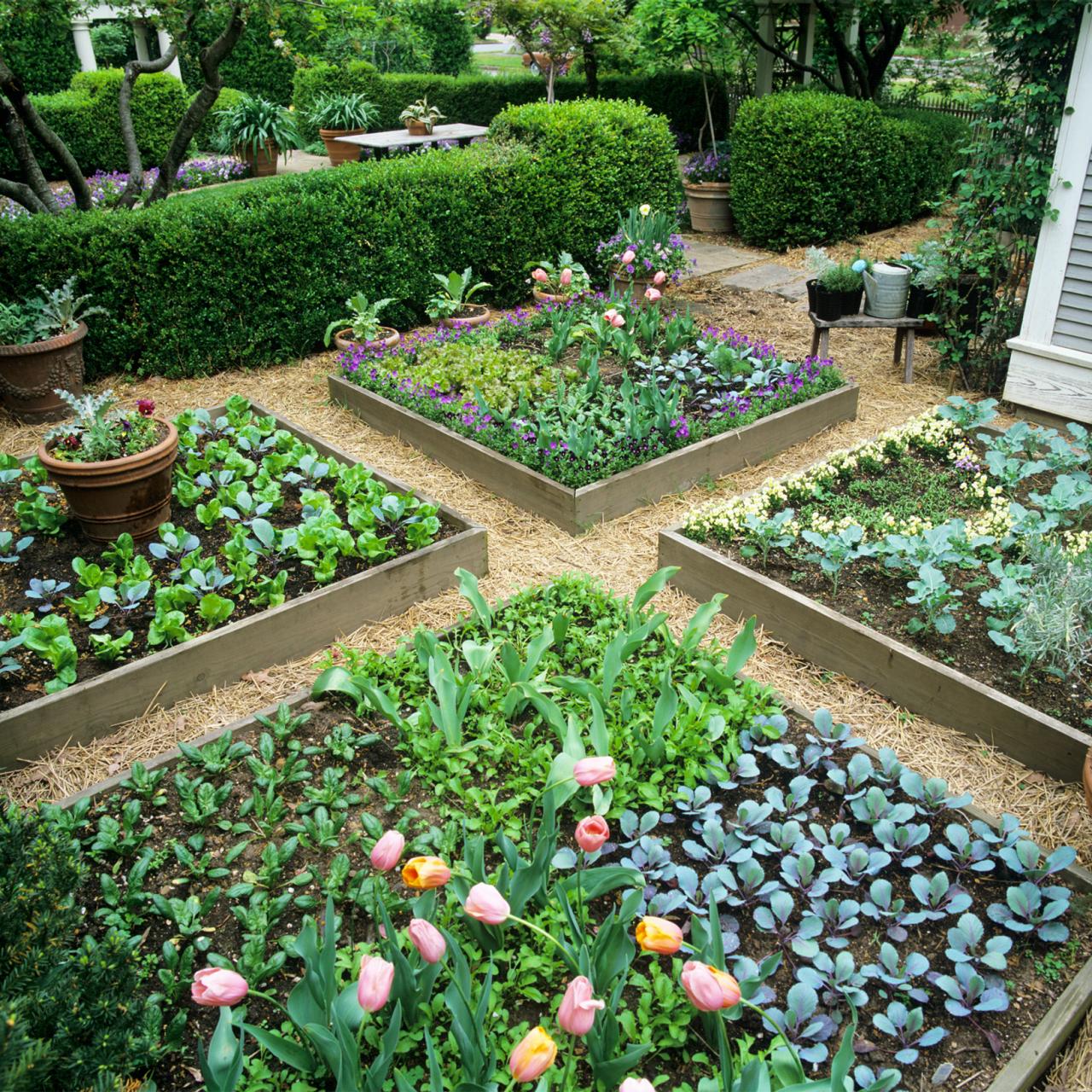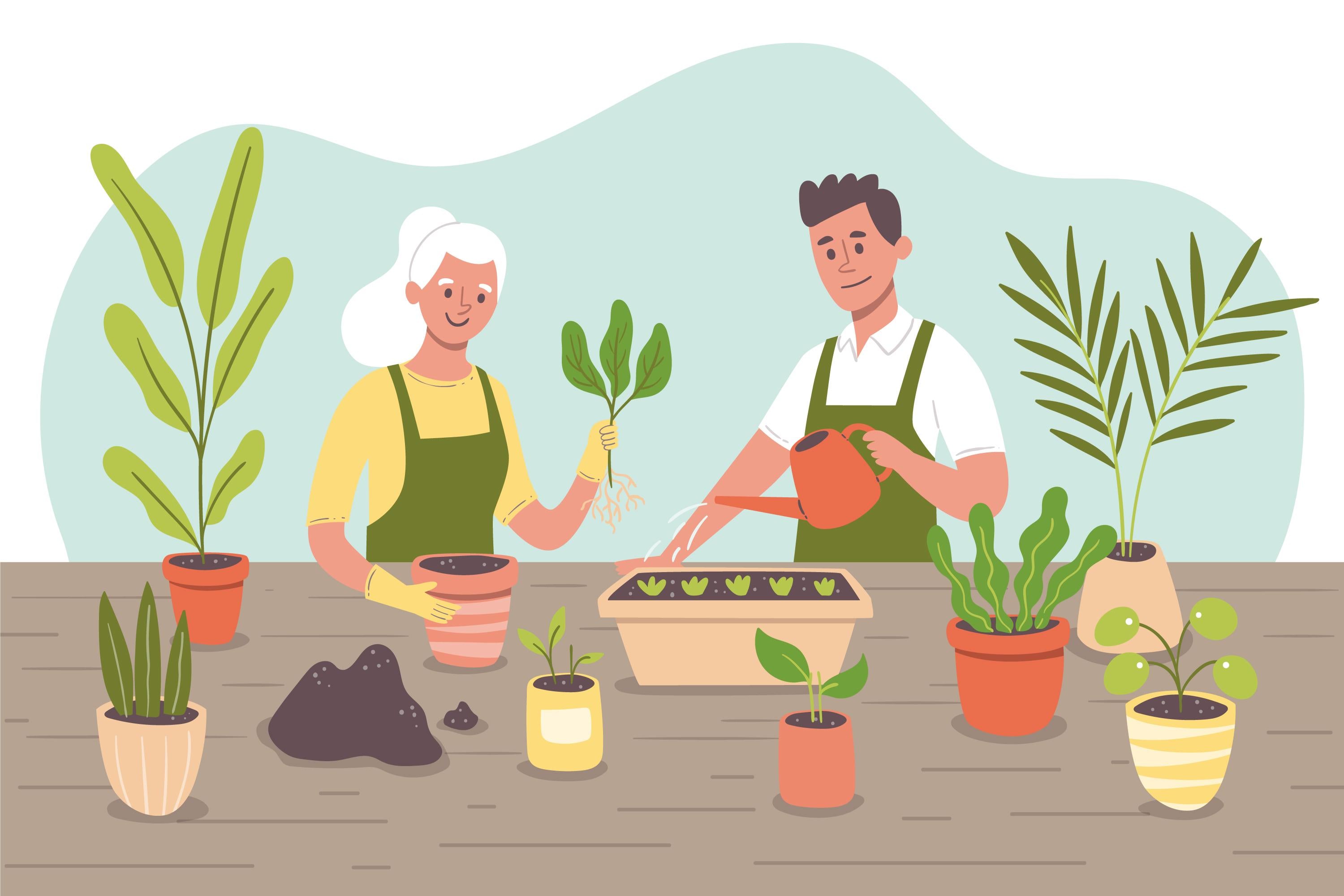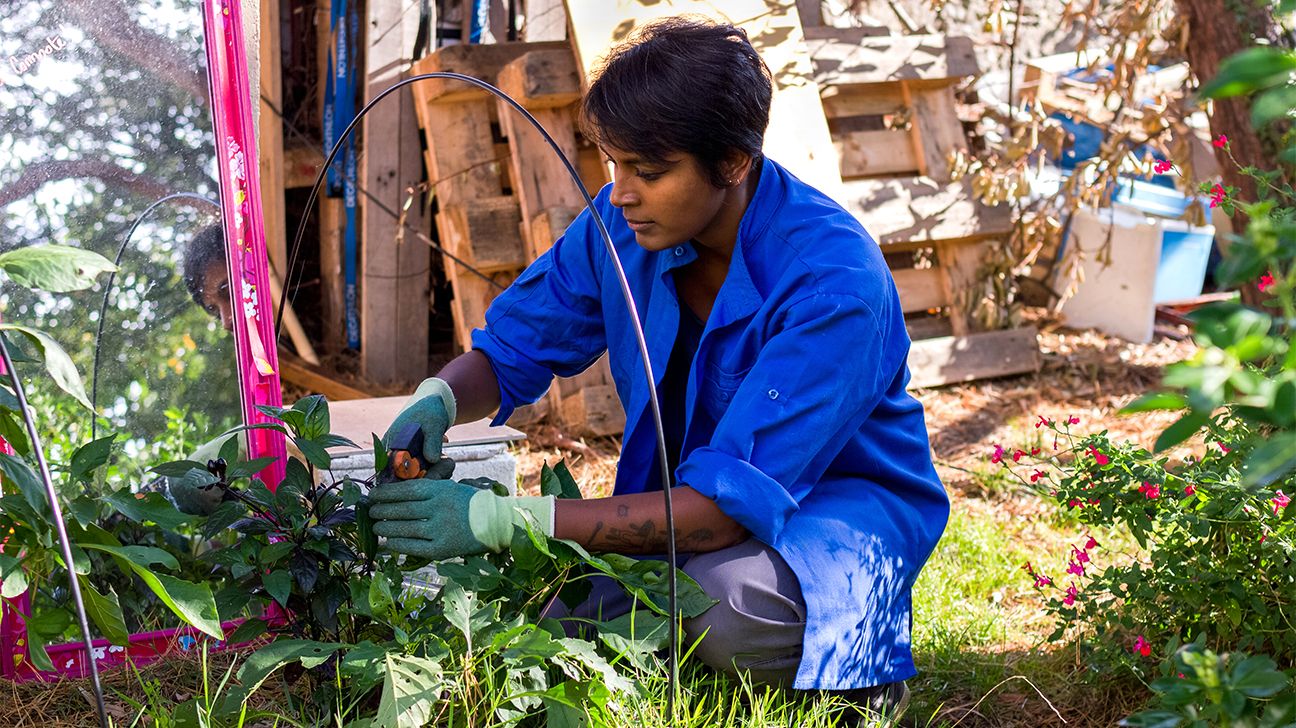Gardening Bliss: Unveiling the Best Tools and Strategies for Home Gardening for Beginners to Grow
Wiki Article
Growing Eco-friendly Thumbs: a Novice's Journey Into the World of Gardening
Are you excited to get your hands unclean and start expanding your very own garden? You'll find out concerning choosing the right plants, recognizing dirt and garden compost, and necessary gardening devices. We'll additionally instruct you sprinkling and feeding techniques and how to deal with usual garden parasites. gardening tools for beginners.Choosing the Right Plant Kingdoms
You need to examine your gardening room and identify the number of plants that will certainly fit easily. Procedure the dimensions of your garden beds or pots and calculate the available space. Take into consideration the mature dimension of the plants you plan to expand.Once you have a clear idea of your gardening space, it's time to choose the best plants. Specific plants flourish in full sun, while others choose partial shade. This will help you select plants that are suited to your particular conditions.
It's also vital to consider your level of gardening experience. If you're new to gardening, go with plants that are simple to grow and require minimal upkeep. Natural herbs like mint, basil, and rosemary are perfect and flexible for novices. Furthermore, think about the length of your expanding season. If you live in an area with a shorter expanding period., choose plants that have a shorter maturity period.
Understanding Soil and Garden Compost
To guarantee the success of your yard, it is vital that you comprehend the value of dirt and compost. Soil is the foundation of your garden, giving nutrients, water retention, and support for your plants. It is very important to have a good understanding of your soil kind, whether it is sandy, clayey, or loamy, as this will identify the sorts of plants that will thrive in your garden. Compost, on the other hand, is a wonderful way to enhance the top quality of your soil. It is made up of raw material, such as kitchen area scraps, backyard waste, and leaves, that break down gradually. Including compost to your soil will certainly enrich it with vital nutrients and improve its structure, enabling for much better water drainage and aeration. You can either make your very own compost utilizing a compost bin or acquisition it from a yard facility. Keep in mind, a abundant and healthy and balanced soil is the crucial to an effective garden, so make the effort to comprehend your dirt and include compost to guarantee your plants flourish.
Necessary Gardening Tools
A good set of gardening gloves is an essential to safeguard your hands from thorns, irritable plants, and dust. A yard hose pipe or watering can is important for keeping your plants moistened. A durable set of trimming shears or secateurs is crucial for cutting and shaping your plants.Watering and Feeding Techniques

Taking Care Of Common Garden Vermin
As view a novice gardener, you might come across common yard insects that can damage your plants. These insects can vary from bugs like caterpillars, aphids, and beetles, to small pets like rabbits and squirrels. It is essential to be able to recognize and deal with these insects effectively in order to secure your plants and ensure an effective garden.Among the first steps in dealing with garden parasites is to on a regular basis check your plants for any type of indications of infestation. Try to find eaten leaves, openings in the vegetation, or the presence of little insects. If you identify any kind of parasites, it is necessary to take activity instantly to avoid them from spreading out and triggering additional damages.
There are numerous approaches you can make use of to control yard pests. Additionally, there are organic pest control sprays available that can help deter and eliminate common yard parasites.
Bear in mind, avoidance is vital when it comes to dealing with yard parasites. Maintaining your yard clean and totally free of debris can help lower the likelihood of an infestation. Routinely removing weeds and dead plants can additionally aid get rid of concealing areas for bugs.

Verdict
Congratulations on completing your newbie's journey right into the world of gardening! By picking the right plants, understanding dirt and garden compost, utilizing crucial gardening devices, and mastering watering and feeding techniques, you have established on your own up for success. Don't fail to remember to remain watchful in managing common garden bugs to guarantee your plants flourish. With your newly found expertise and green thumbs, your yard will certainly flourish and bring you unlimited pleasure and beauty (gardening kit for beginners). Satisfied gardening!Dirt is the foundation of your garden, providing nutrients, water retention, and support for your plants. It is essential to have a great understanding of your soil type, whether it is sandy, clayey, or loamy, as this will figure out the types of plants that will thrive in your yard. Remember, a fertile and healthy dirt is the vital to an effective yard, so take the time to recognize your dirt and integrate compost to ensure your plants thrive.
As a newbie garden enthusiast, you might run into usual yard insects that can inflict havoc on your plants. It's important to be able to deal and recognize with these bugs efficiently in order to safeguard your plants and ensure an effective yard.
Report this wiki page